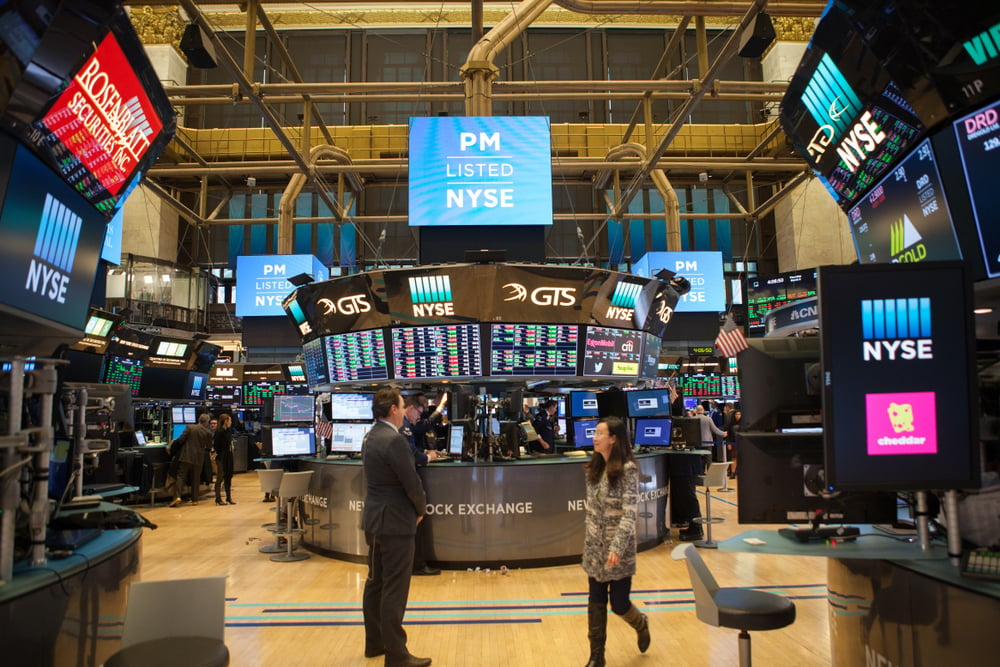Following a significant decline in the stock market due to newly announced tariffs, President Donald Trump expressed optimism about the economic outlook. Despite the Dow Jones Industrial Average plummeting more than 1,600 points, Trump remained confident, asserting that the market and the country would experience substantial growth.
The sharp downturn on Thursday, driven by a global selloff, followed Trump’s declaration of tariffs targeting various countries, including China and the European Union. The minimum 10% tariff on imports was part of a broader strategy to address what the administration views as inequitable trade practices.
Echoing a medical analogy, Trump likened the current economic adjustments to a necessary operation for a patient, suggesting that the market fluctuations were anticipated as part of a larger recovery process. He emphasized the potential for significant investments flowing into the United States as companies aim to circumvent the tariffs by manufacturing domestically.
During a conversation with reporters on Air Force One, Trump indicated a willingness to leverage tariffs in negotiations with other countries. He noted that any such negotiations would depend on what those countries could offer in exchange. Trump’s focus remains on rectifying what he perceives as long-standing trade imbalances that have disadvantaged the U.S.
As he departed for a golf tournament at his club in Doral, Florida, Trump reiterated his belief in the future economic success of the nation, despite the recent market volatility.
The Tangible Impact
- Consumers may experience an increase in prices for imported goods, especially those from countries affected by the new tariffs, potentially affecting household budgets.
- Local businesses might consider shifting production to the United States to avoid tariffs, potentially leading to job creation and economic growth domestically.
- International trade relationships could see tension, impacting the availability and pricing of certain products in the U.S. market.
- Investors and financial markets are likely to experience continued volatility as they adjust to the new trade landscape and assess the long-term implications of the tariffs.
- For communities reliant on industries targeted by the tariffs, there may be a need for adaptive strategies to mitigate the impact on local economies and employment opportunities.



